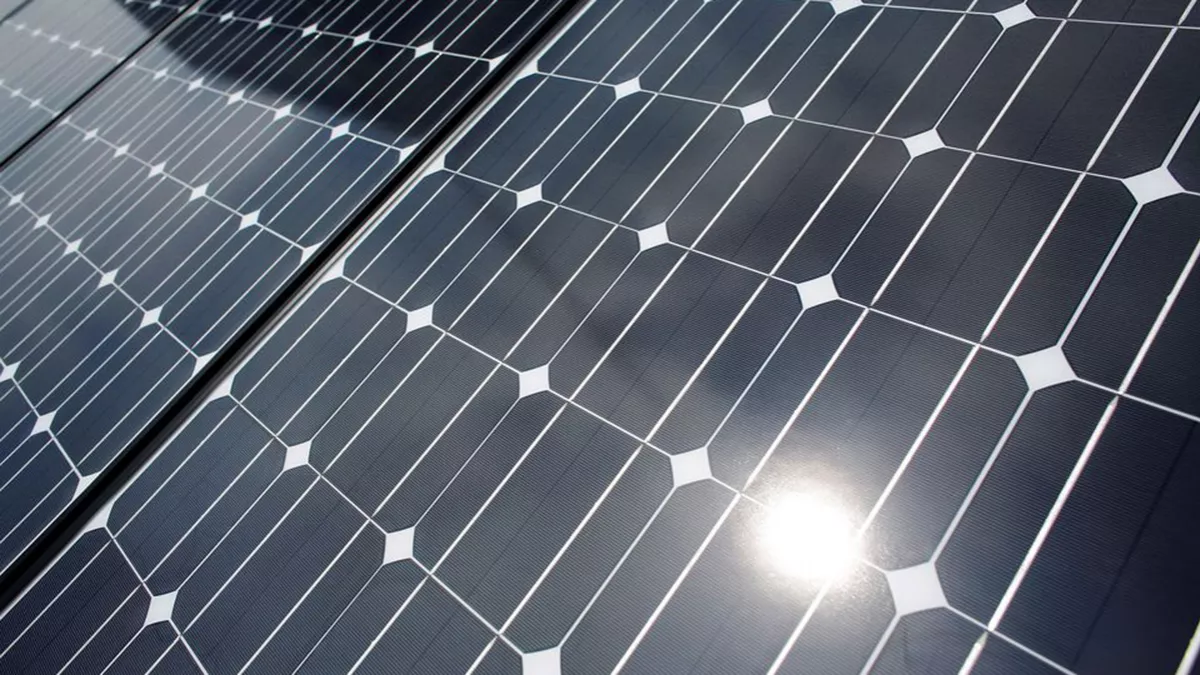Kahramaa has announced Qatar National Renewable Energy Strategy; aims to increase renewable power generation to 4 GW by 2030
29 Apr 2024
News
Qatar General Electricity and Water Corporation (Kahramaa) has announced the Qatar National Renewable Energy Strategy (QNRES), with the goal of increasing renewable power generation to 4 GW by 2030 to reduce carbon footprint. The step, which was coordinated with 22 key energy actors in Qatar, reflects Kahramaa's efforts to improve its work in the field of renewable energy uses and to develop policies and strategies related to them, believing in a more sustainable future for Qatar in order to achieve the Qatar National Vision 2030 and the Third Qatar National Development Strategy 2024-2030.
QNRES intends to increase and diversify the use of renewable energy sources, particularly solar energy, in Qatar, and integrate them into the energy mix, taking into account the country's high-quality solar energy resources. The country has one of the highest global horizontal radiation levels in the world, with about 2,000 kWh created per square meter per year.
The QNRES also intends to boost large-scale renewable energy generation to around 4 GW by 2030. QNRES advises that up to 200 MW of distributed solar production be installed by 2030. This distributed generation capability will allow for more localized power generation, lowering load on the centralized grid infrastructure and increasing energy resilience.
The strategy's implementation is seen as an ambitious step that will benefit the energy sector in the long run in terms of economic benefits, environmental effect, and energy security. Reducing CO2 emissions through sustainable policies and trends will help to improve environmental sustainability and air quality.
In terms of CO2 emissions reduction, the recommended power mix will have a considerable impact, lowering 10% of Qatar's total annual CO2 emissions from the power sector. It will cut Qatar's annual CO2 intensity by 27% per unit of electricity generated.
Economically, cost-competitive technologies are predicted to cut average energy generation costs by 15% by 2030. Diversifying generation sources increases energy security and stability in the energy industry.
The QNRES recognizes the necessity of ensuring that the shift to renewable energy does not jeopardize the reliability and resilience of the electricity system.
